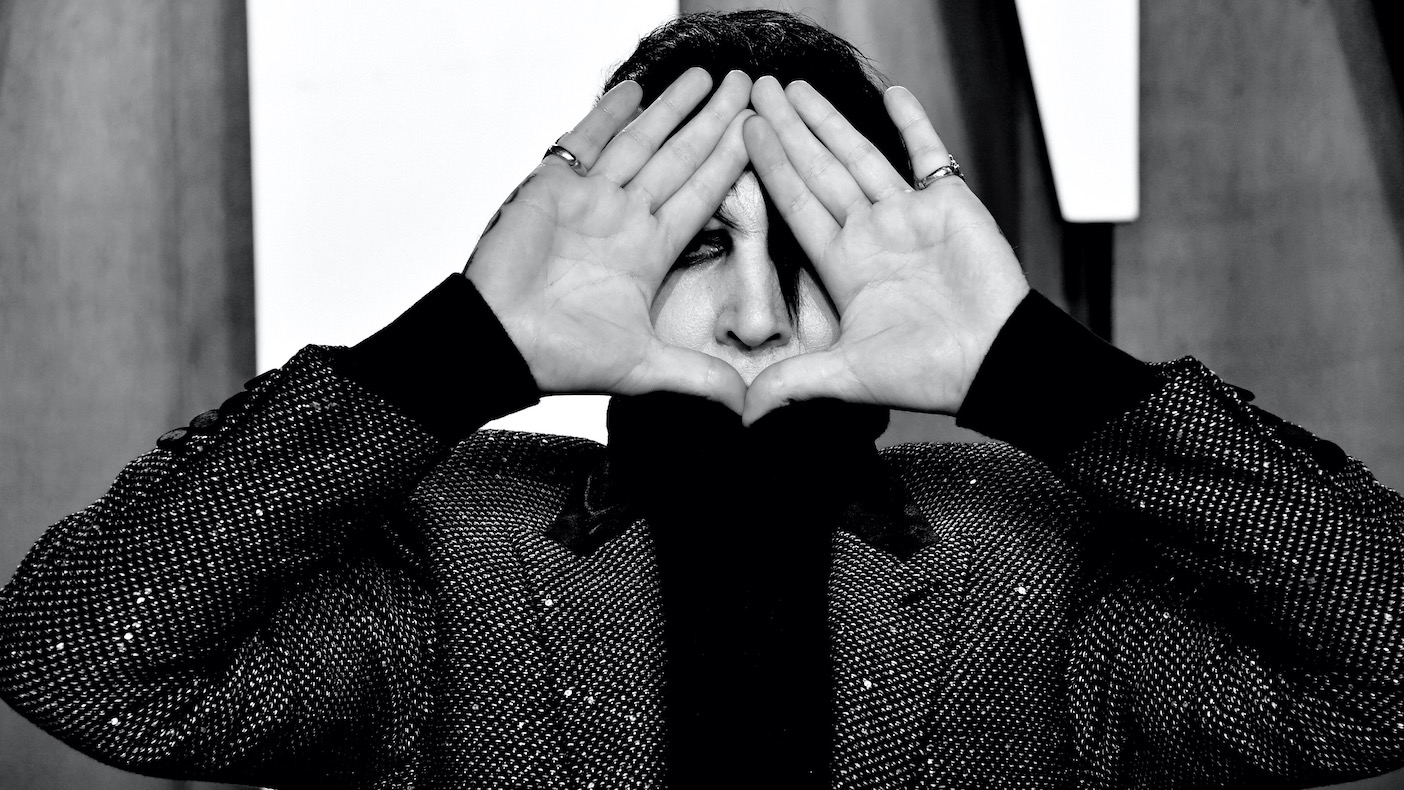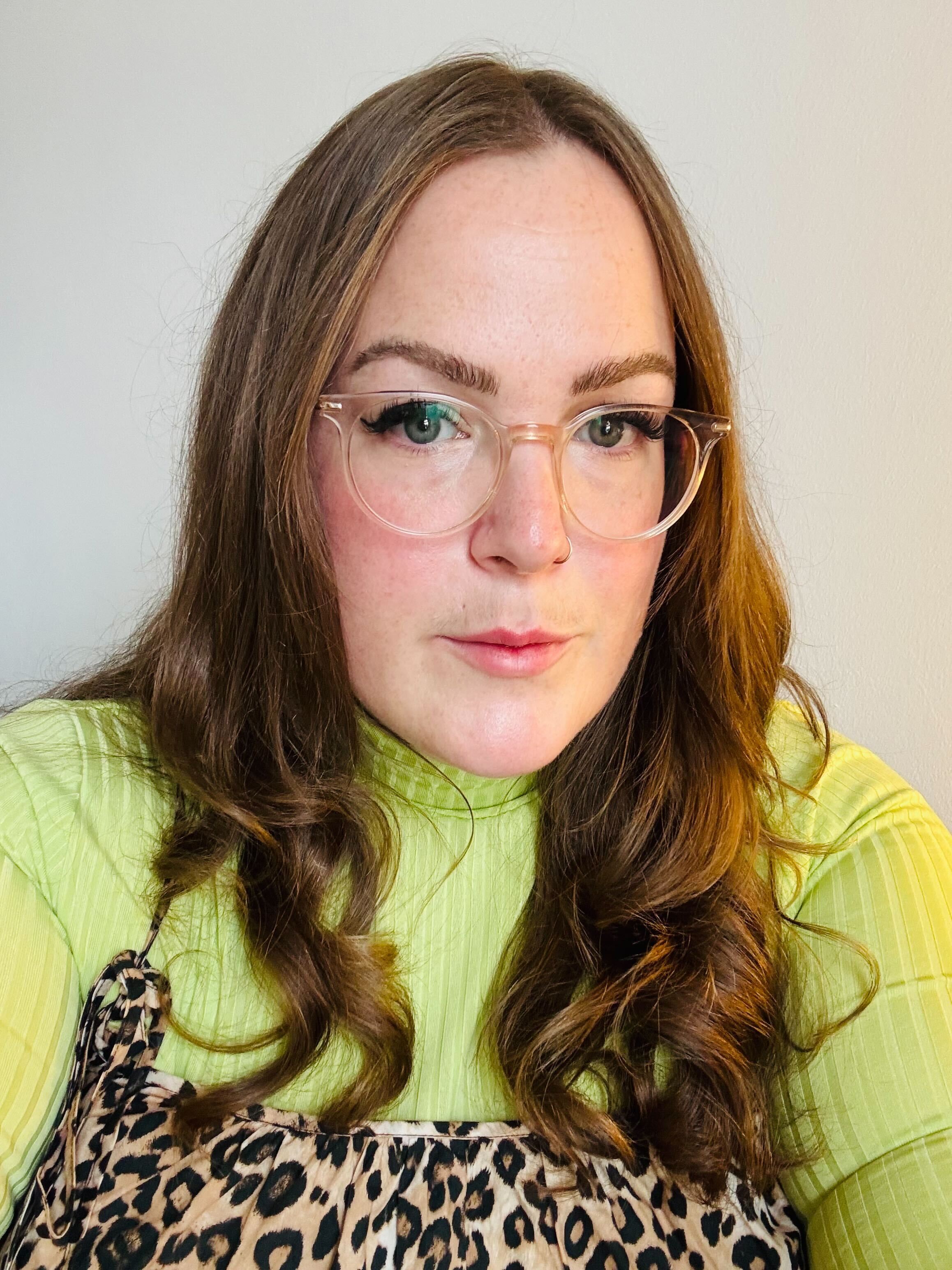In September, Metal Hammer's Dave Everley sat down for a telephone interview with Marilyn Manson. The interview – which didn't go well – is published in our next issue 342, on sale Thursday (and available to preorder). The agenda was as you might expect: we were calling to discuss his new album, life in a pandemic, the general horror show of 2020. But there were a few other things we wanted to discuss, too.
A bit of context: Marilyn Manson has built a career from treading the lines between the acceptable and the obscene. He relished his image as America’s premiere bogeyman as his fame peaked in the late 90s, goading concerned conservative America with a promise that he was going to upend polite society and enjoy every second of doing it.
In the late 90s, that stuff washed. Outlier icons still felt exciting to legions of eyeliner-clad teens, and Manson’s particular brand of devil-may-care nihilism was perfectly pitched. Good, old-fashioned, stickin’ it to the man punk rock spirit was given a PVC-clad upgrade, and in place of teen angst or fury was a cold, sneering disregard for the world and its rules. He gleefully touted hedonism and controversy. Back then, honestly, it was exhilarating.
But times have changed. The #metoo movement and so-called cancel culture have forced global conversations about what’s acceptable, and what absolutely isn’t, within the entertainment industry and beyond. Those movements have toppled moguls and superstars, and created an environment where shady behaviour is increasingly likely to be called out. We’re all now aware of the harm that can come from the suspect behaviour of powerful people being allowed to go unchecked.
So where does Manson come into all this? We wanted to ask him about the specific challenges that might face someone like him, with the reputation he has, when it comes to creating music against this backdrop of increased scrutiny. As someone who has been fiercely anti-censorship throughout his career, has the shift necessitated a loss of creative freedom? How has he reconciled a purposefully murky persona with a climate where brazen bad behaviour just doesn’t cut it anymore? Is he worried about being cancelled? Could he be cancelled?
We didn’t pluck those last two questions out of thin air. In April 2019, Manson’s ex-partner Evan Rachel Wood appeared in front of the California Senate Public Safety Committee. As part of videotaped testimony, Wood gave details of an abusive relationship she had been in for several years with a man she met in her late teens. This wasn’t the first time Wood had spoken publicly about the abuse she had suffered during a previous relationship. In February 2018, she gave similar testimony to a House Judiciary Subcommittee.
Wood didn’t name her abuser in either hearing, but some made the connection between the age she was when the abuse took place and her time with Manson. On Twitter, YouTube, Reddit and more, people made accusations about him.
We researched Wood’s testimony and her links to Manson thoroughly. We wanted to know more. We wanted to know what it was like from his point of view, too; how devastating it must feel to be be implicated in something like this if he had absolutely nothing to do with it. Manson had previously made violent, on the record comments about Wood; we wanted to know if he regretted that given how things have played out, or how it felt to hear her testimony. We were interested in hearing his side of the story.
We asked, but we didn’t get an answer. Marilyn Manson hung up on us as soon as we mentioned her name, and his people refused to have him answer any further questions – though they did provide us with a statement addressing 10 key questions we wanted Manson to answer, which you can read here.
So, why – to paraphrase a question posed to us by Manson’s people – did Hammer, a heavy metal magazine, feel the need to get involved with all this? Well, we have one of the largest platforms of any rock or metal brand in the world. We encourage these ongoing efforts towards accountability within the music industry, and we’re aware that providing artists with unquestioning support – particularly when there’s a legitimate reason to ask questions – undermines that, no matter how much we love their music or like them as people.
It’s important we clarify that we’re not accusing Marilyn Manson of anything. We just wanted to have a conversation about it. He refused. You can read the full story in issue 342 of Metal Hammer, available for pre-order now.

